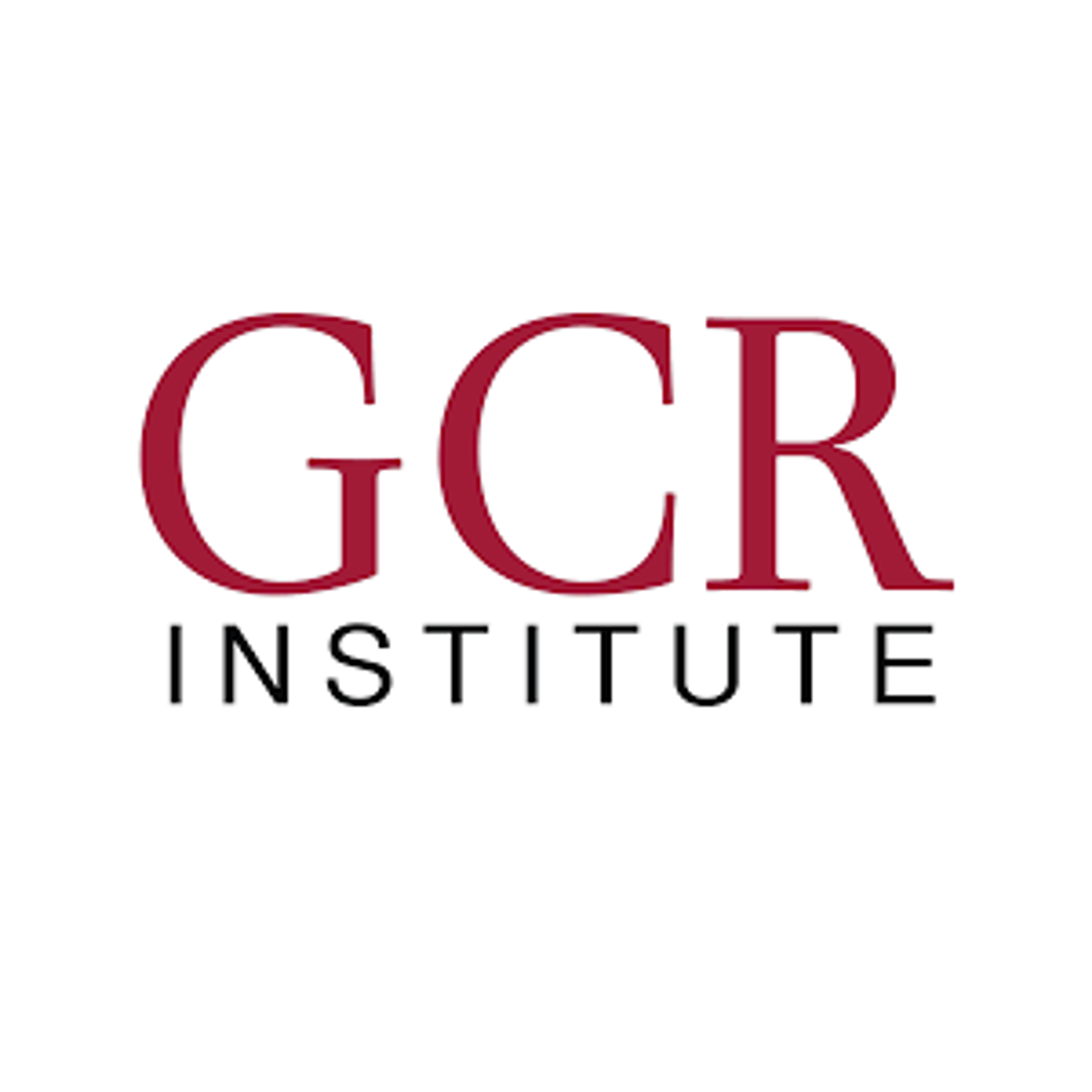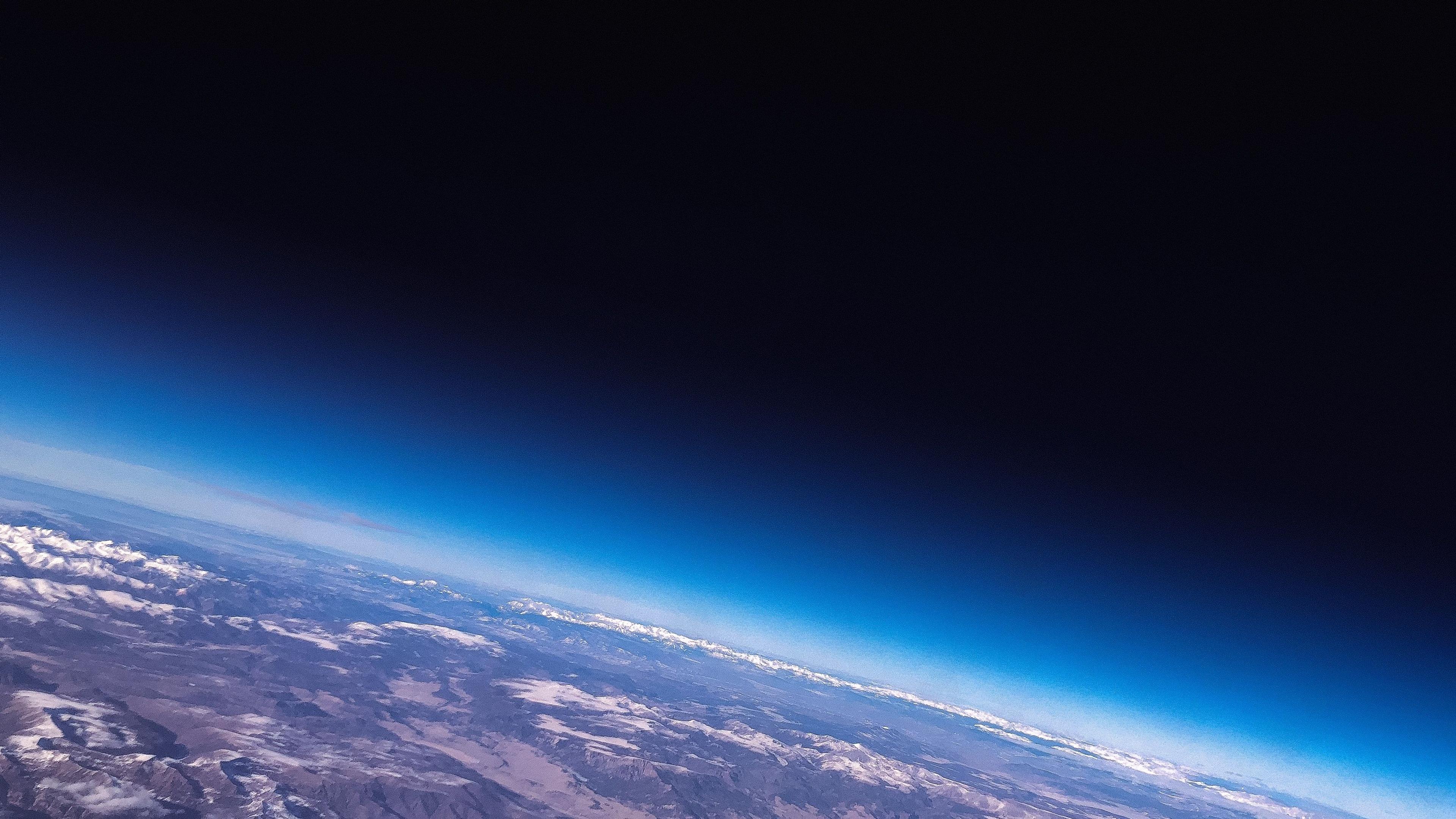
Global Catastrophic Risk Institute
GCR Reduction Field Building
The Global Catastrophic Risk Institute is a nonprofit, nonpartisan think tank that evaluates threats to human civilisation and researches potential solutions.

What problem is the Global Catastrophic Risk Institute working on?
GCRI works on the risk of events that could significantly harm or even destroy human civilisation at the global scale — events such as nuclear war, the deployment of misaligned artificial intelligence, and catastrophic pandemics.
Working to protect humanity's long-term future could potentially have an enormous impact, but there are relatively few other organisations researching ways to protect the long-term future. To learn more, read 80,000 Hours' case for reducing existential risks.
What does the Global Catastrophic Risk Institute do?
As a think tank, GCRI bridges the worlds of scholarship and professional practice in government, private industry, and other sectors. GCRI researches potential threats to human civilisation and aims to develop highly effective solutions for reducing the risk by leveraging both the best available scholarship and the demands of real-world decision-making.
GCRI has produced a number of research publications furthering the field of catastrophic risk analysis. Its focus areas include:
- Aftermath of global catastrophe: How well would survivors of global catastrophe fare? This is perhaps the largest and most important point of uncertainty in the study of global catastrophic risk.
- Artificial intelligence: AI is an important emerging issue. It demands an interdisciplinary study including computer science as well as the social science of how AI is built and used.
- Cross-risk evaluation and prioritisation: Some decisions require comparison of multiple global catastrophic risks, including decisions about actions that could decrease one risk and increase another, and decisions of how to allocate scarce resources across different risks.
- Nuclear war: The study of nuclear war has a long history, but basic questions concerning the risk and how to reduce the risk have not been well characterised.
- Risk and decision analysis: The probability and severity of global catastrophe are not easy to quantify, but rigorous risk and decision analysis techniques can nonetheless be valuable for informing risk reduction decisions.
- Solutions and strategy: Efforts to reduce the risk of global catastrophe should go beyond theoretical scholarship to take into account the real-world context in which risk-reduction solutions would be implemented.
GCRI also hosts events and provides advice on careers, research directions, and other kinds of consulting related to global catastrophic risks.
What information does Giving What We Can have about the cost-effectiveness of the Global Catastrophic Risk Institute?
We don't currently have further information about the cost-effectiveness of the Global Catastrophic Risk Institute beyond it doing work in a high-impact cause area and taking a reasonably promising approach.
Please note that GWWC does not evaluate individual charities. Our recommendations are based on the research of third-party, impact-focused charity evaluators our research team has found to be particularly well-suited to help donors do the most good per dollar, according to their recent evaluator investigations. Our other supported programs are those that align with our charitable purpose — they are working on a high-impact problem and take a reasonably promising approach (based on publicly-available information).
At Giving What We Can, we focus on the effectiveness of an organisation's work -- what the organisation is actually doing and whether their programs are making a big difference. Some others in the charity recommendation space focus instead on the ratio of admin costs to program spending, part of what we’ve termed the “overhead myth.” See why overhead isn’t the full story and learn more about our approach to charity evaluation.